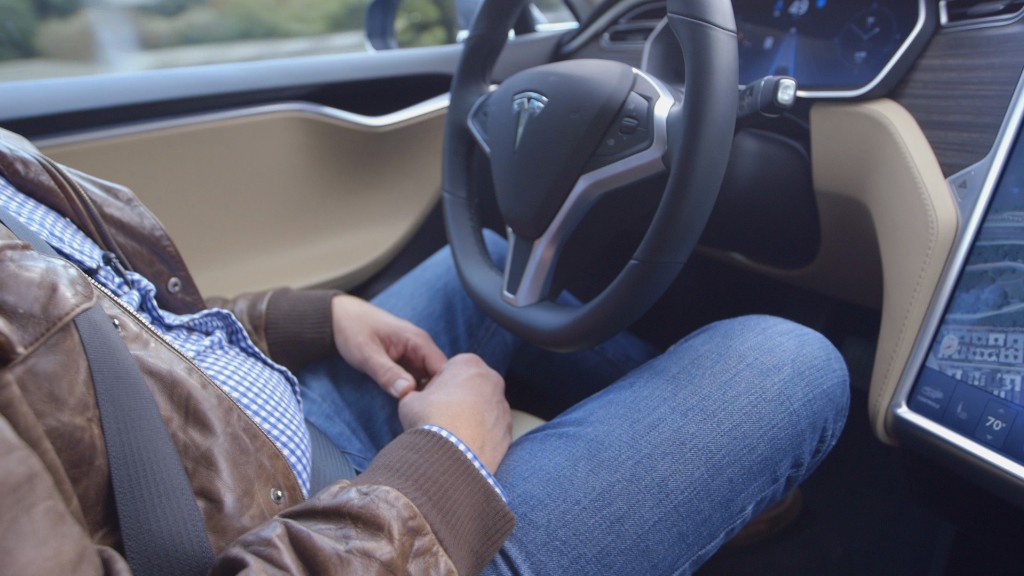
Automakers and tech companies are working hard to offer the first true self-driving car, but 75% of drivers say they wouldn't feel safe in such a vehicle.
Still, 60% drivers would like to get some kind of self-driving feature, such as automatic braking or self-parking, the next time they buy a new car.
The attitudes are in a new AAA survey of 1,800 drivers.
Advocates of self-driving cars argue they would be safer than cars driven by humans because they can't get distracted or drive when tired or impaired.
Google (GOOGL) has tested its self-driving cars on the road for more than 1 million miles. It suffered its first accident partly caused by the car, a minor fender bender involving a bus, only last month. Other automakers are also testing self-driving cars. Tesla (TSLA) has started offering hands free driving on its cars.
Related: Google self-driving car at fault in accident
But those surveyed by AAA say they trust their own driving skills. Many feel the technology is too new and unproven.
John Nielsen, AAA's managing director of automotive engineering and repair, said tests suggest drivers may be overestimating their own abilities. He also believes they will be more likely to trust self-driving cars as they become more familiar with features such as automatic braking or parking.
"People who have these features tend to like them and trust them. That will go a long way for them to start to accept the self-driving technology," he said.
He estimated that the "comfort level" will increase in five to ten years.

